Enzo
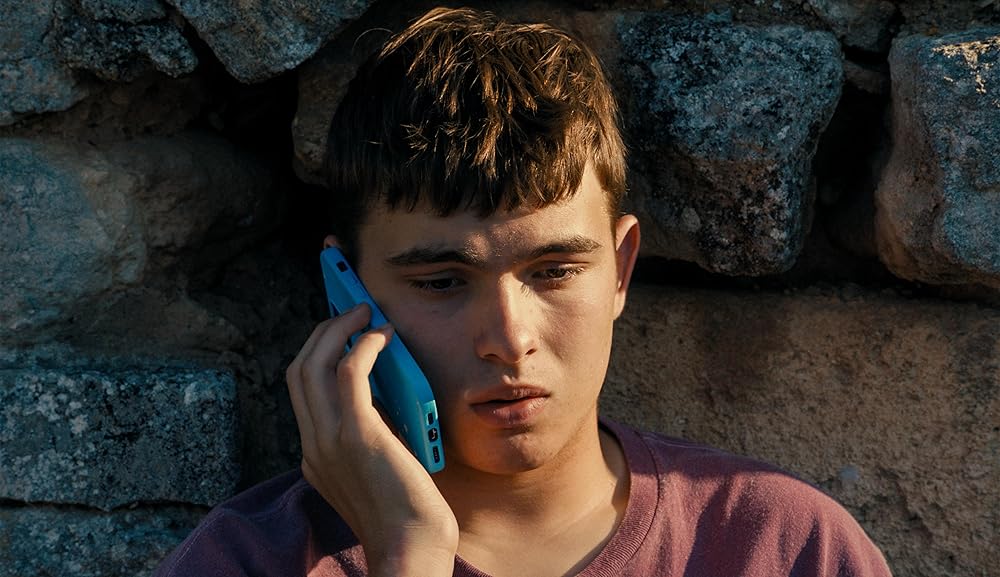
In Enzo, Robin Campillo and the late Laurent Canter deliver a coming-of-age story that sidesteps cliché at every turn. Here, rebellion arrives not in fiery confrontation, but in silence.
Set over a sun-drenched summer in the south of France, the film follows 16-year-old Enzo (Eloy Pochu), who quietly rejects the path laid out by his well-meaning bourgeois parents, trading textbooks for a masonry apprenticeship and a future built by labour rather than design.
Pochu offers a measured, absorbing performance in the title role, never overstating the character’s interiority or allowing his quietness to tip into self-pity. The family’s modernist villa – with clean lines and a pool that sparkles against the sea – suffocates as much as it shelters. His parents, who both work in architecture, are products of the education system he rejects. Their concern conceals control; their love is laced with expectation. Architecture becomes an unspoken language of sorts. The family’s sleek glass villa, all sharp angles and controlled minimalism, stands as a monument to his parents’ professional success. In contrast, a family holiday to Greece – where they wander through ancient ruins, admiring the weathered beauty of centuries-old stone – draws a quiet but resonant parallel to the rough, unfinished construction sites where Enzo spends his days.
But the film’s most electric moments emerge in the boy’s encounters with Vlad (Maksym Silvinskyi) – a Ukrainian construction worker, who is older, magnetic,and shaped by labour and displacement. Campillo wisely preserves the ambiguity of their connection, allowing it to hover somewhere between fascination, desire and mentorship. Vlad becomes the axis around which Enzo’s inner life begins to turn, and the camera lingers on their charged exchanges – a cigarette passed between fingers, a glance that lingers too long, a firmly rebuffed advance, heavy with subtext. The war in Ukraine remains a quiet but persistent presence at the film’s margins, a stark reminder that Vlad’s ruggedness is not aesthetic. The protagonist’s growing obsession with the conflict – fuelled by algorithm-fed YouTube spirals and hazy fantasies of enlisting alongside Vlad – speaks volumes about the depth of his yearning.
Drawing power from what remains unsaid, Enzo captures the quiet revolt of a boy searching for meaning in the wrong places. What emerges is a poignant exploration of class, inheritance and the fragile architectures of identity.
Christina Yang
Enzo does not have a release date yet.
Read more reviews from our Cannes Film Festival coverage here.
For further information about the event visit the Cannes Film Festival website here.

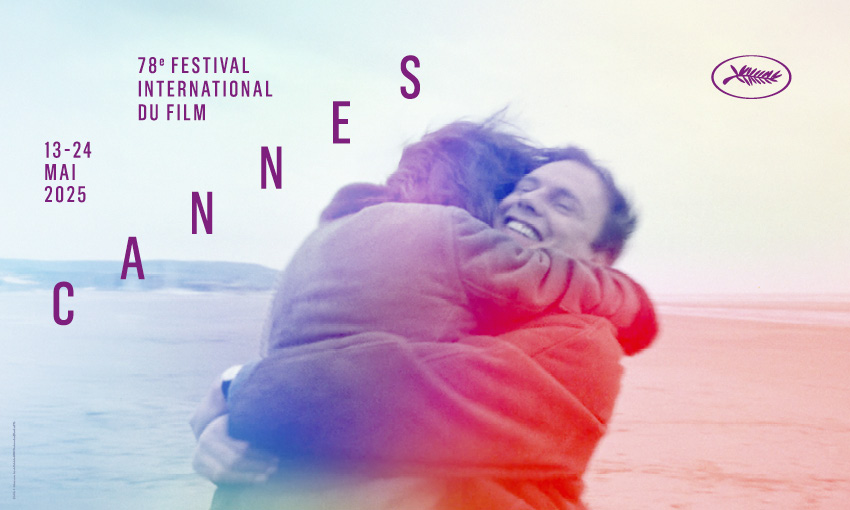
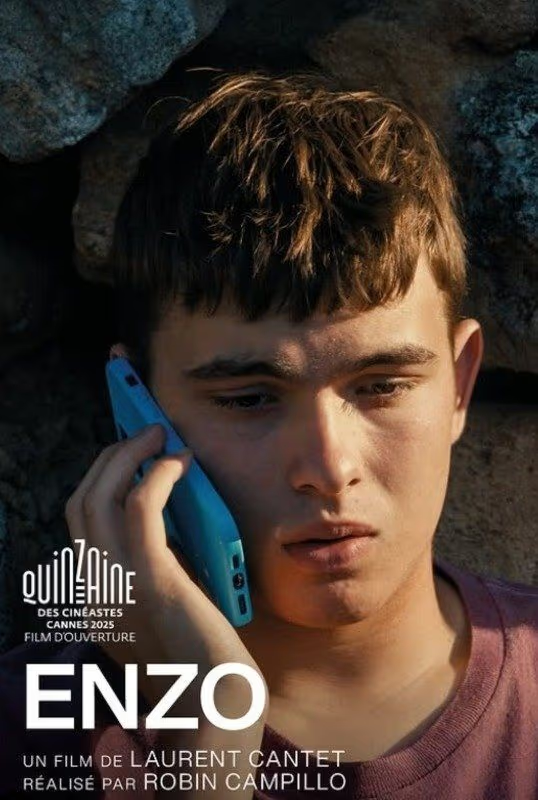

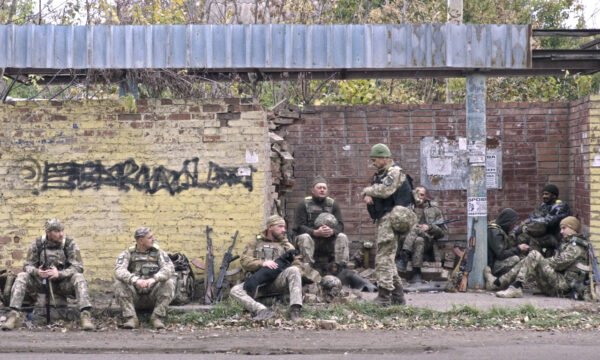

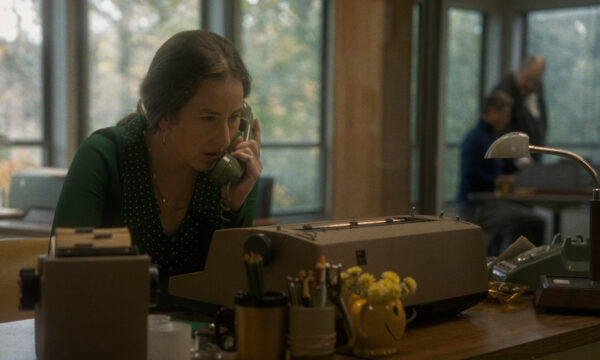


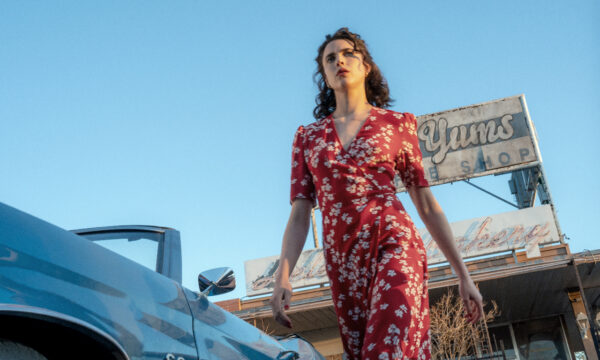
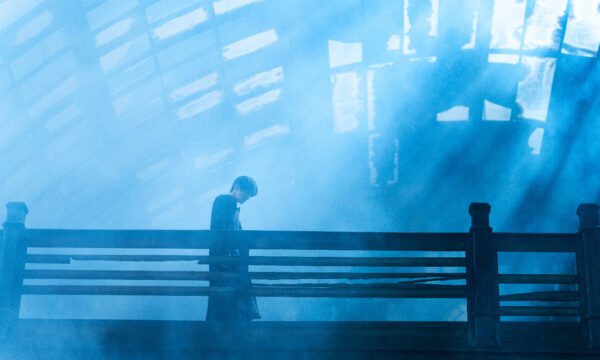
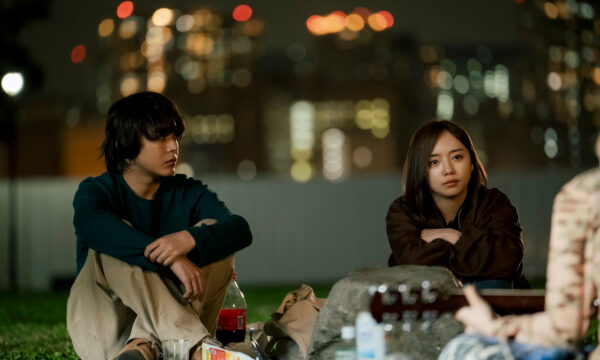
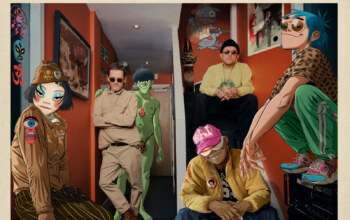

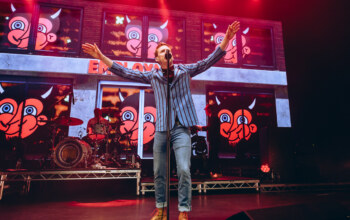
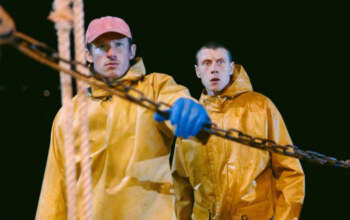
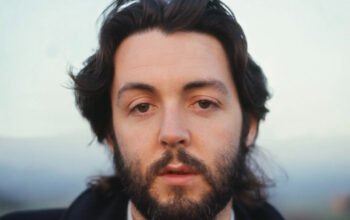
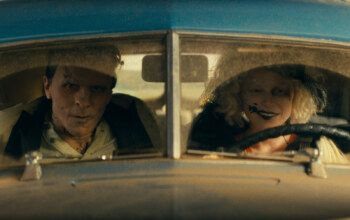









Facebook
Twitter
Instagram
YouTube
RSS